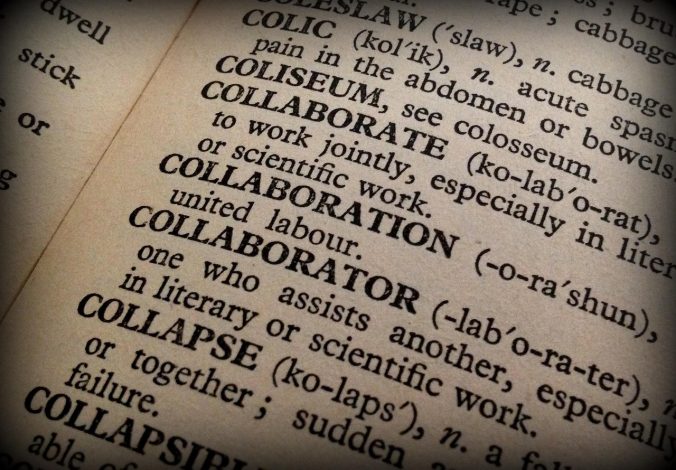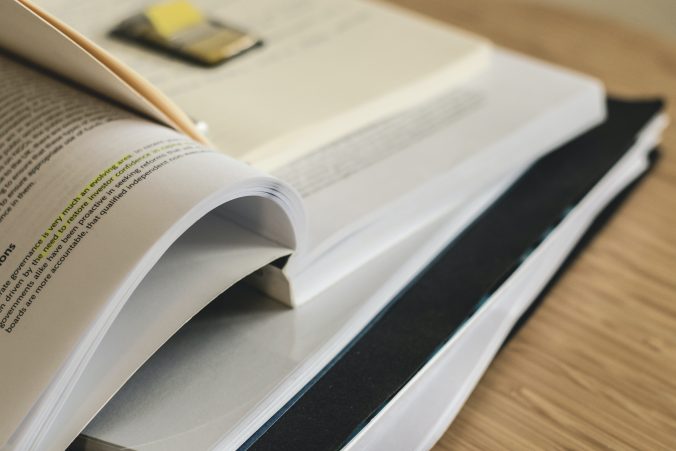A recurring theme on this blog is the question of who can be counted as an author of a research article. You might be thinking: how difficult can it be to determine if someone is the author of an article? But the criteria for academic authorship are challenged on several fronts and therefore need to be discussed. I recently blogged about a debate about two of these challenges: huge research projects where a large number of researchers and experts in different fields contribute to the studies, and the use of AI in research and academic writing (for example ChatGPT).
Today I want to recommend an article on publication ethics that discusses a third challenge to the authorship criteria. The challenge is called citizen science. Similar to the big research collaborations I mentioned above, a very large number of individuals often contribute to citizen science. The difference is that the professional researchers here collaborate with voluntary participants from the general public and not just with other researchers or experts. It may involve ordinary citizens reporting their observations of plant and animal life, helping astronomers categorize large amounts of photographed astronomical objects, contributing to solutions to mathematical problems or perhaps even discussing the design of research projects. Citizen science is important, for example, when data collection requires the efforts of so many observers in so many places, that the observations would otherwise be too expensive or time-consuming. Citizen science is also important because it gives citizens insight into research, increases trust in science and creates contacts between research and society.
The so-called Vancouver rules for authorship have been criticized for allegedly excluding citizen scientists from authorship, even though the voluntary contributions are sometimes so significant that they could merit such recognition. The rules state (slightly simplified) that to count as an author you must have made significant contributions to the research study (e.g., design, data collection, analysis, interpretation). But you must also have participated in the writing process, approved the final version of the article, and accepted responsibility for the research being carried out correctly.
An important point in the article that I recommend is that it is not necessarily the Vancouver rules that exclude citizen scientists from authorship. On the contrary, it may be that the researchers leading the projects do not follow the rules. In addition to the four criteria above, the Vancouver rules say that individuals who meet the first criterion should be given the opportunity to meet the other three as well. Citizen scientists who have made significant contributions to the study should therefore be given the opportunity to write or revise relevant sections of the text, approve the final version and accept responsibility for the accuracy of at least their own contribution to the study. In citizen science, it is also often the case that a small number of “superusers” account for the bulk of the work effort. It should be possible to treat these individuals in the same way as one treats professional researchers who have made significant contributions, that is, give them the opportunity to qualify for authorship.
A more difficult issue discussed in the article is group authorship. In citizen science, the collective contribution of the whole group is often significant, while the individual contributions are not. Would it be possible to give the group collective credit in the form of group authorship? Not doing so could give a false impression that the professional researchers made a greater effort in the study than they actually did, the four publication ethicists argue in the article. It can also be unfair. If individual researchers who fulfill the first criterion should be given the opportunity to fulfill all criteria, then groups should also be given this opportunity. In such cases, the group should (in some way) be given the opportunity to participate in the critical revision of the article and to approve the final version. But can a group of 2,000 volunteer bird watchers take responsibility for a research study being carried out properly? Perhaps the group can at least answer for the accuracy of its own observation efforts. Being credited for one’s contribution to a study through authorship and taking responsibility for the contribution are two sides of the same coin, according to the publication ethicists. That citizen scientists must accept responsibility in order to be counted as co-authors is perhaps also an opportunity to convey something about the nature of science, one could add.
The article concludes by proposing seven heuristic rules regarding who can be included as an author. For example, one should, as far as possible, respect existing guidelines (such as the Vancouver rules), apply a wide conception of contributions, and be open to new forms of authorship. Perhaps a group can sometimes be credited through authorship? The seventh and final heuristic rule is to be generous to citizen scientists in unclear cases by including rather than excluding.
Read the article on citizen scientists as authors here: Authorship and Citizen Science: Seven Heuristic Rules.

Written by…
Pär Segerdahl, Associate Professor at the Centre for Research Ethics & Bioethics and editor of the Ethics Blog.
Sandin, P., Baard, P., Bülow, W., Helgesson, G. Authorship and Citizen Science: Seven Heuristic Rules. Science and Engineering Ethics 30, 53 (2024). https://doi.org/10.1007/s11948-024-00516-x
We recommend readings




